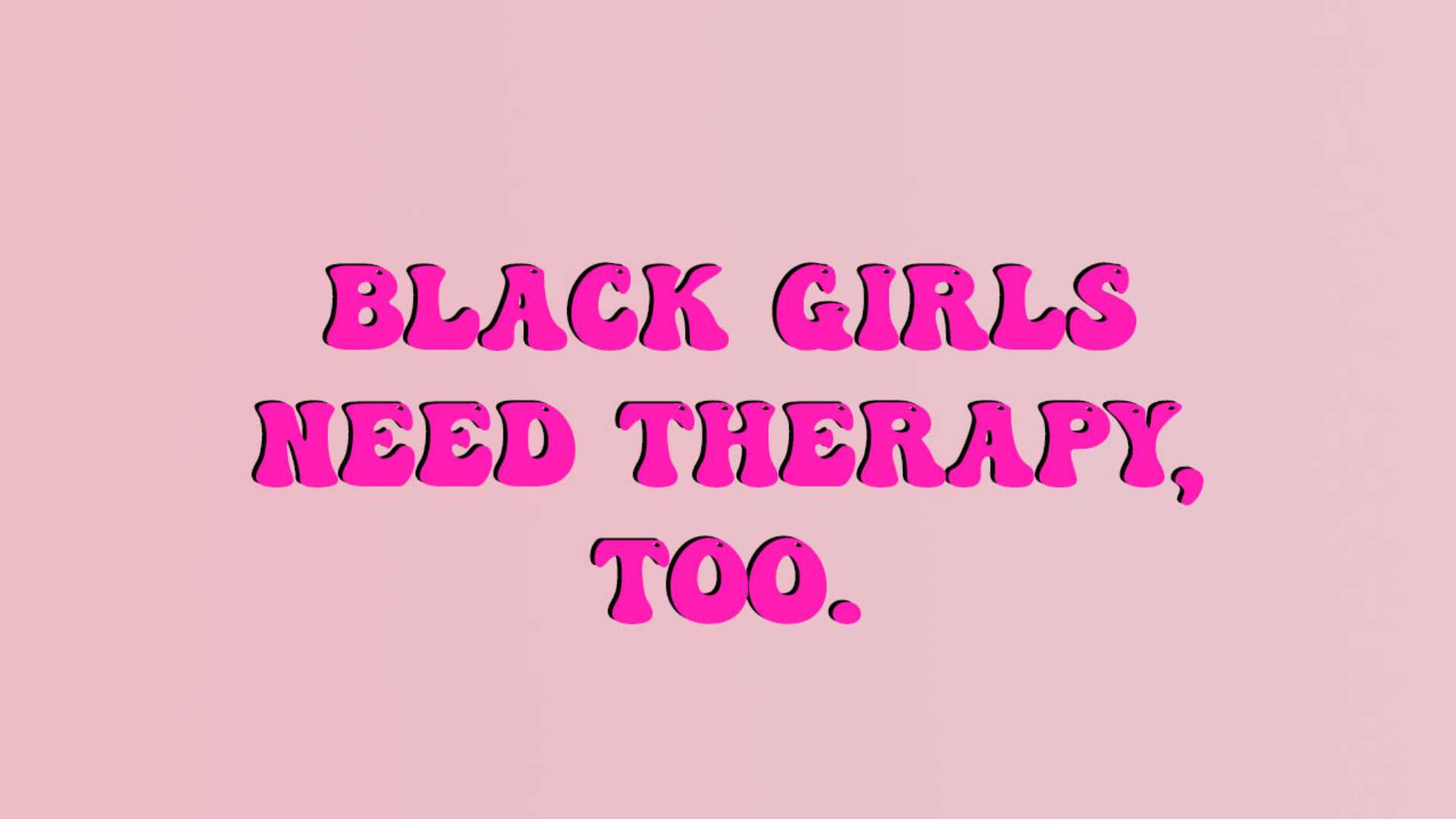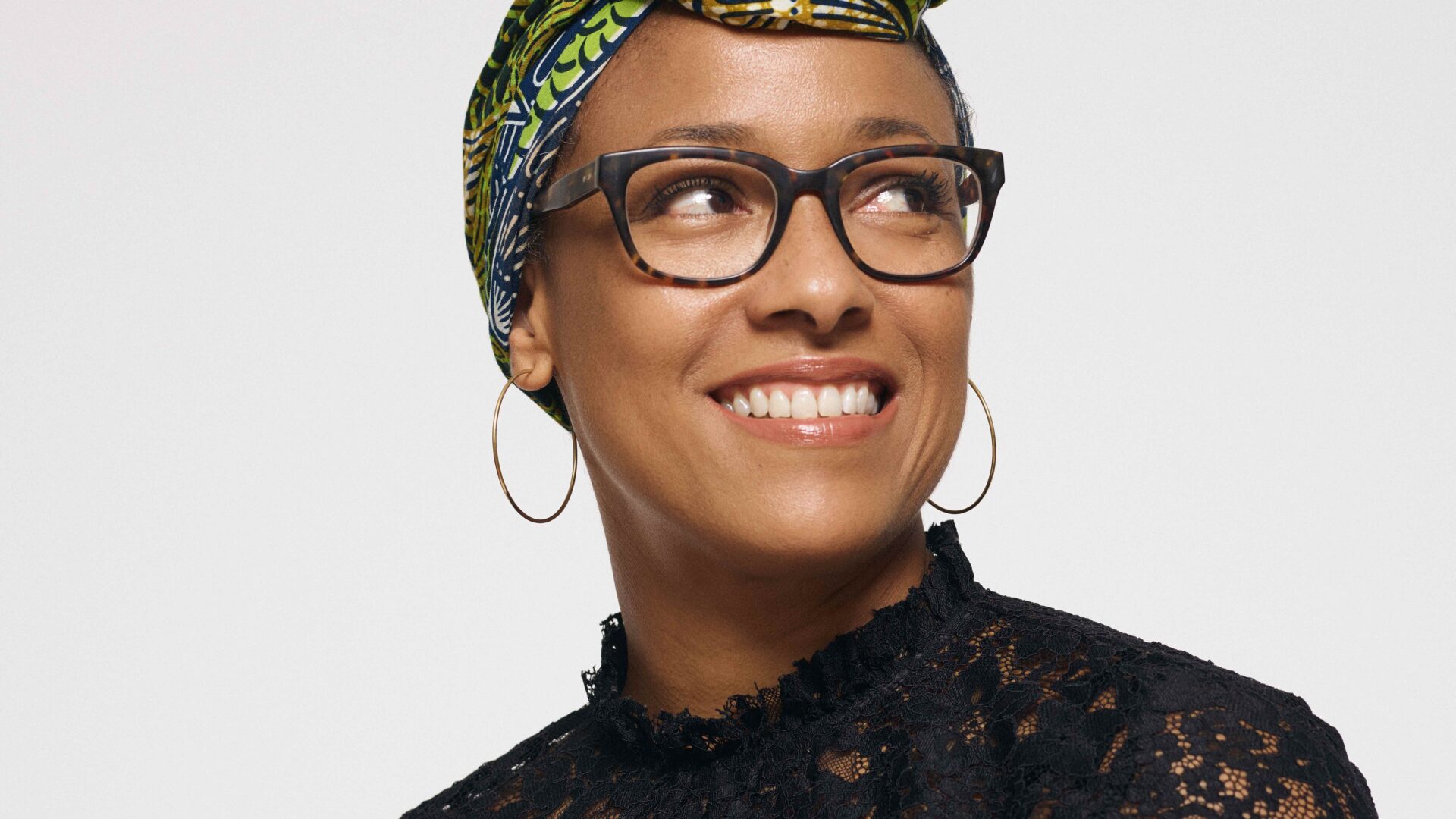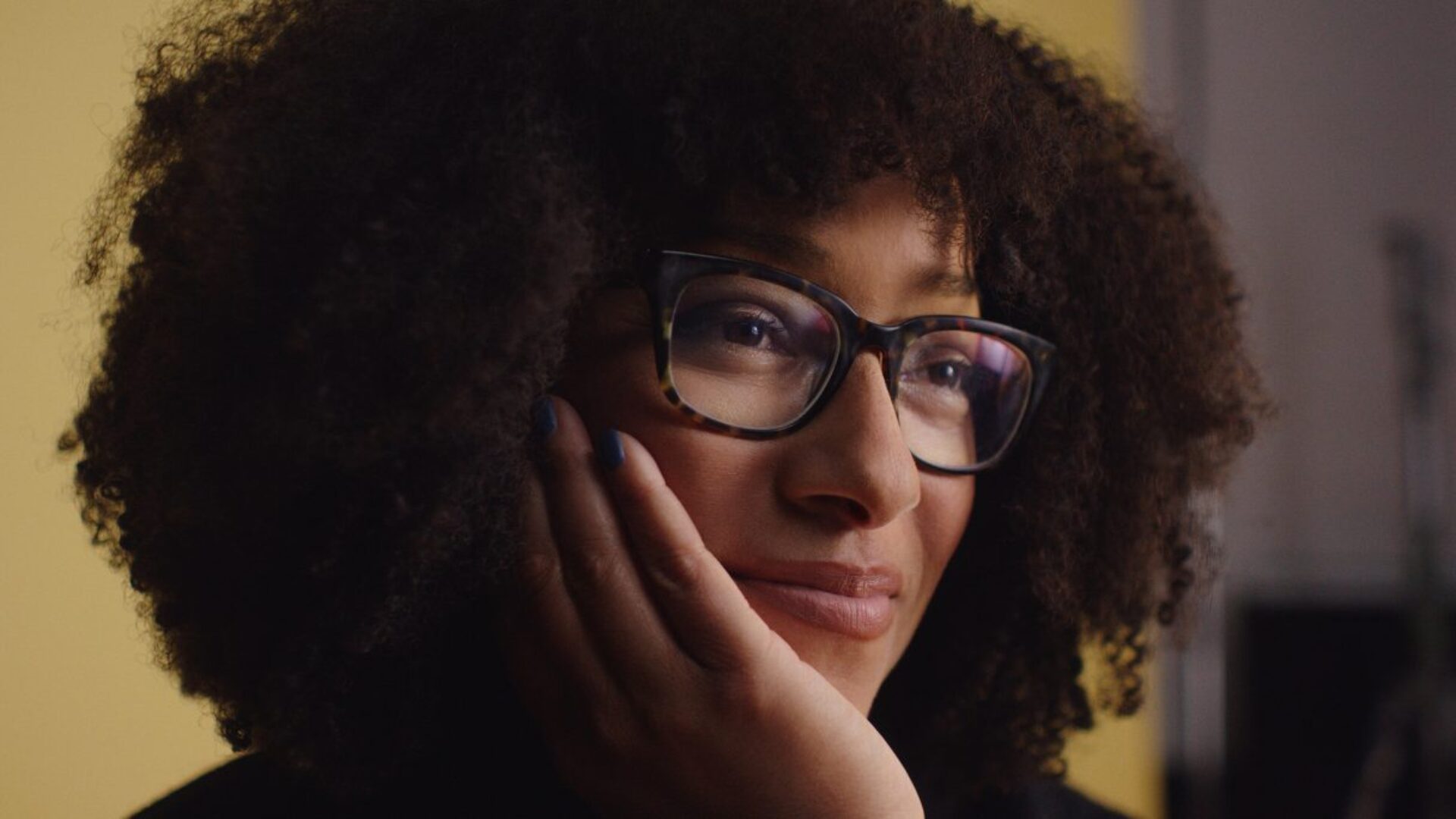
It’s no secret that therapy in the Black community is still stigmatized. Whether we think it’s not for our race or rob the idea of nuance, we haven’t always done a good job at uplifting one another’s mental health journeys. However, we can definitely say that little by little, the topic is becoming less taboo and people are using their platforms to speak out about depression, anxiety, suicidal ideations, and more.
Wilma Mae Basta, co-founder and CEO of mental wellness platform DRK Beauty, launched DRK Beauty Healing’s 10,000 Hours of Free Therapy initiative in May 2020. Clinicians of color across the nation banded together to donate 10+ hours of pro bono treatment to bring attention to the lack of access that Black women and women of color have within the mental health space. Partnering with actress Cynthia Erivo, DRK Beauty announced a fundraising campaign to raise $1M to continue its mission of providing mental health resources to women of color.
“Instagram and Tik Tok have been embraced by Gen Z as platforms for amplifying, embracing, and normalizing mental health and well-being. Being able to fill one’s echo chamber with positive and empowering messages around mental health, confidence and self-esteem could be the game-changer we all want to see in the social media landscape,” Basta said, praising the younger generation’s advocacy to destigmatize mental health. “Coupled with high-profile musical artists, actors, and athletes who are now reclaiming their mental health and sharing it publicly, social media can now begin to serve a higher and better purpose as a key tool in supporting the mental health of women of color.”
Stressed out and life won’t let up? Check out these 7 stress level hacks.
Check out our conversation below with the DRK Beauty founder about the importance of practicing mental health at a young age, the stigmas around therapy in the Black community, and how to find the perfect therapist for you.

ESSENCE Girls United GU): For Black women specifically, why do you think we’re so used to not being direct about our feelings?
Willie Mae Basta WMB: As Black girls, many of us were subject to adultification from an early age which resulted in harsher treatments when compared to white girls of the same age. Black girls were seen as less innocent, more culpable and less in need of protection. This harsher and unfair treatment of Black girls has led to more women who are faced with repressed anger issues, which when they are released, leads to the old trope of the ‘Angry Black Women.’ This positions us to be in situations where it is common to receive harsher treatments including micro and macro-aggressions or be subjected to other serious consequences such as physical and verbal attacks, demotions, unequal pay, or job loss. The fear of being receiving this unfair treatment is why many Black women are not direct about their feelings.
GU: When it comes to therapy, why do you believe there is such a negative stigma in the Black community?
WMB: I believe there are three key elements to why there is such a negative stigma about therapy within the Black community.
- Spiritual Bypassing – growing up in religious communities where the answer is almost always “Pray to Jesus”.
- Survivor’s Mentality – “We survived slavery so we can survive this.”
- Therapy is only for white people – “Black people can’t afford therapy. It is a luxury for privileged white folks.”
GU: When do you know that it’s a good time for you to go to therapy, and why should people begin to go?
Basta: Therapy is beneficial to everyone, whether you think you need it or not. However, if you ever feel that your problems are becoming too overwhelming, and you find that you are incapable of resolving them yourself or afraid of burdening family and friends, seeking help from a therapist can be incredibly important. If you think you might be suffering from a mental illness (depression, anxiety, etc.), seeing a therapist who can properly diagnose the problem is crucial to your healing journey.
It’s important to note that you don’t have to be depressed to see a therapist. Perhaps you are entering into a difficult period of time with work or transitioning home life. A therapist can help you to be prepared and successfully navigate new situations. Sometimes, you just need to talk with someone who is outside of your friends and family zone who can help you with unbiased advice.
Learn more about Inez Beverly Prosser, the first Black psychologist, here.

Wilma Mae Basta, founder of DRK Beauty (Photo Credit: DRK Beauty Healing)
GU: What are some important things to note about someone’s first-time experience with therapy?
WMB: Therapy is a process that works over a period of time. Don’t expect quick results. Give it time – at least 3-4 weeks before you decide if this is for you or not. This is deep, complex work that takes time to untangle the patterns that prevent us from living a fuller life.
Remember that not every therapist is for you. Don’t feel bad if you think your therapist is not a good fit. If you decide to change, a good therapist will support you in finding another one.
Remember that therapy is not the only way to heal. Take a holistic approach and explore other modalities that can support you on your healing journey. DRK Beauty Healing is introducing resources and courses that teach women of color how to build a customized healing journey and toolkit.
Read our interview with actress and comedian Amanda Seales about her mental wellness journey exclusively on Girls United!
GU: What are key things to look for when finding the perfect therapist?
WMB: First, it’s important to check that they are a licensed therapist in the state you are currently living in. Spend some time researching their areas of expertise. If you have specific issues that you are looking to work on, there is likely someone who specializes in this area. You might also just want a therapist who can help with the general problems, the choice is up to you. Most therapists will offer a free consultation. Take advantage of this opportunity — it’s important to find a therapist that you connect with and this initial meeting is a good way to vet whether or not they are right for you. Come prepared with specific questions so that you can get the most out of the consultation.
GU: How can young girls practice positive mental health exercises at a young age?
WMB: It is important to limit social media. Whether that’s through limiting time spent scrolling through your feed or reassessing the accounts you follow to exclude negative news and replacing them with positive, affirming accounts. Many social media accounts can seem harmless but they can have a subtle and cumulative impact on your psyche. This usually will manifest in reduced confidence and self-worth. I suggest beginning with baby steps. For every hour you spend on social media, add something to your day that encourages you to be outdoors, get moving, or reflect on what’s going on in your life. Try this for a month and track how you feel each day over that period of time.
To learn more about DRK Beauty Healing’s free therapy initiative, follow them on Instagram and Twitter.
Photo Credit: Brooklyn White/SDI Productions